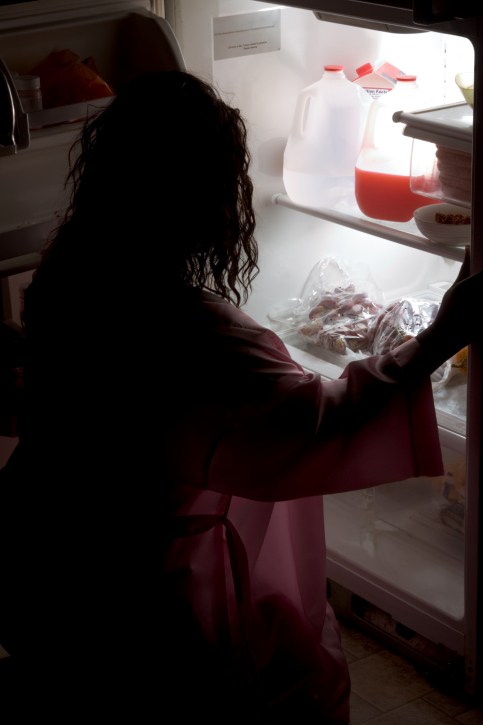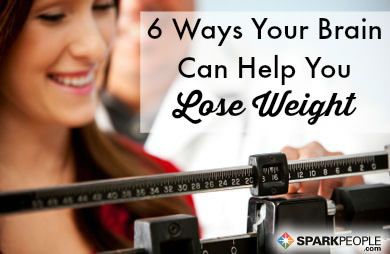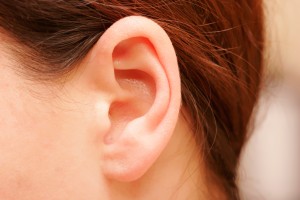How Late Is Too Late To Eat?

Checking a clock may be as helpful as counting calories when it comes to controlling body weight.
According to experts, people who snack after 8 p.m. have higher body mass indexes (BMIs) than people who don’t snack so late, even though they don’t eat significantly more or less total daily calories.
Previous studies in animals have found that even when calories are held steady, the timing of meals and sleep and exposure to light can impact metabolism and BMI. Experts also are quick to point out that night owls tended to be late sleepers, with a midpoint of sleep that was after 5:30 a.m. Late sleepers typically logged less sleep than normal sleepers. They also started their days later, a pattern that pushed back mealtimes throughout the day.
Additionally, they had higher BMIs than normal sleepers, ate more calories after 8 p.m., and ate fewer fruits and vegetables.
“The one major thing that remains positive, that remains correlated, is eating after 8 p.m.,” says Phyllis Zee, MD, associate director of the Center for Sleep and Circadian Biology and a professor at Northwestern University’s Institute for Neuroscience in Chicago.
-
Three Common Eating Disorder Treatment Options
Eating disorders are a very controversial topic. They vary in type and
-
Losing Weight With The Body For Life Program
Most weight loss programs focus on either diet or exercise, but that m
-
Fast Weight Loss That Matters
Excessive weight in a person may be because of heredity or genetic fa
-
How Can I Get Taller The Natural Way?
How Can I Get Taller? First of all, there is no one single answer to
-
Book Review: The Volumetrics Eating Plan
This book review is part of a series that covers the topic of Diet
-
Learn How to Lose Weight Fast
In addition to the desire to improve our
- DON'T MISS
- 8 Things to Do to Speed Up Your Metabolism
- A Few Yoga Asanas For Weight Loss
- 3 Simple Steps for Keeping Your New Years Resolutions
- How Rigid Diets Threaten True Digestive Healing
- Glycemic Index What It Means
- Carbohydrates - An Important Source Of Energy
- How Increasing Your Sleep Can Help You Lose Weight
- Weight Loss Nutrition Secrets
- 4 Questions to Ask Before You Try to Lose Weight—Again
- The Real Secrets To Long-Term Weight Control




